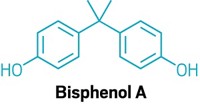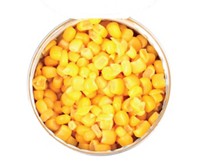Advertisement
Grab your lab coat. Let's get started
Welcome!
Welcome!
Create an account below to get 6 C&EN articles per month, receive newsletters and more - all free.
It seems this is your first time logging in online. Please enter the following information to continue.
As an ACS member you automatically get access to this site. All we need is few more details to create your reading experience.
Not you? Sign in with a different account.
Not you? Sign in with a different account.
ERROR 1
ERROR 1
ERROR 2
ERROR 2
ERROR 2
ERROR 2
ERROR 2
Password and Confirm password must match.
If you have an ACS member number, please enter it here so we can link this account to your membership. (optional)
ERROR 2
ACS values your privacy. By submitting your information, you are gaining access to C&EN and subscribing to our weekly newsletter. We use the information you provide to make your reading experience better, and we will never sell your data to third party members.
Environment
German Toxicologists Conclude BPA Is Safe
by Britt E. Erickson
April 25, 2011
| A version of this story appeared in
Volume 89, Issue 17
Exposure to the estrogenic chemical bisphenol A (BPA), found in polycarbonate plastic containers and the linings of food and beverage cans, “represents no noteworthy risk to the health of the human population, including newborns and babies,” an advisory committee of the German Society of Toxicology has concluded. The committee of independent toxicologists comprehensively reviewed the scientific research on BPA and found that the current tolerable daily intake value of 0.05 mg/kg body weight/day, set by the European Food Safety Authority (EFSA), “is adequately justified.” The committee’s findings, which are published in the journal Critical Reviews in Toxicology (DOI: 10.3109/10408444.2011.558487), add to the growing body of evidence that suggests current exposure to BPA from food and beverages is safe. According to the analysis, many positive results for health effects have not been confirmed in subsequent studies, rodent data are appropriate for evaluating human risk, and the half-life of BPA in human adults is less than two hours. In the U.S., FDA is currently studying the health impacts of BPA from food packaging and ways to reduce exposure to the chemical.




Join the conversation
Contact the reporter
Submit a Letter to the Editor for publication
Engage with us on Twitter